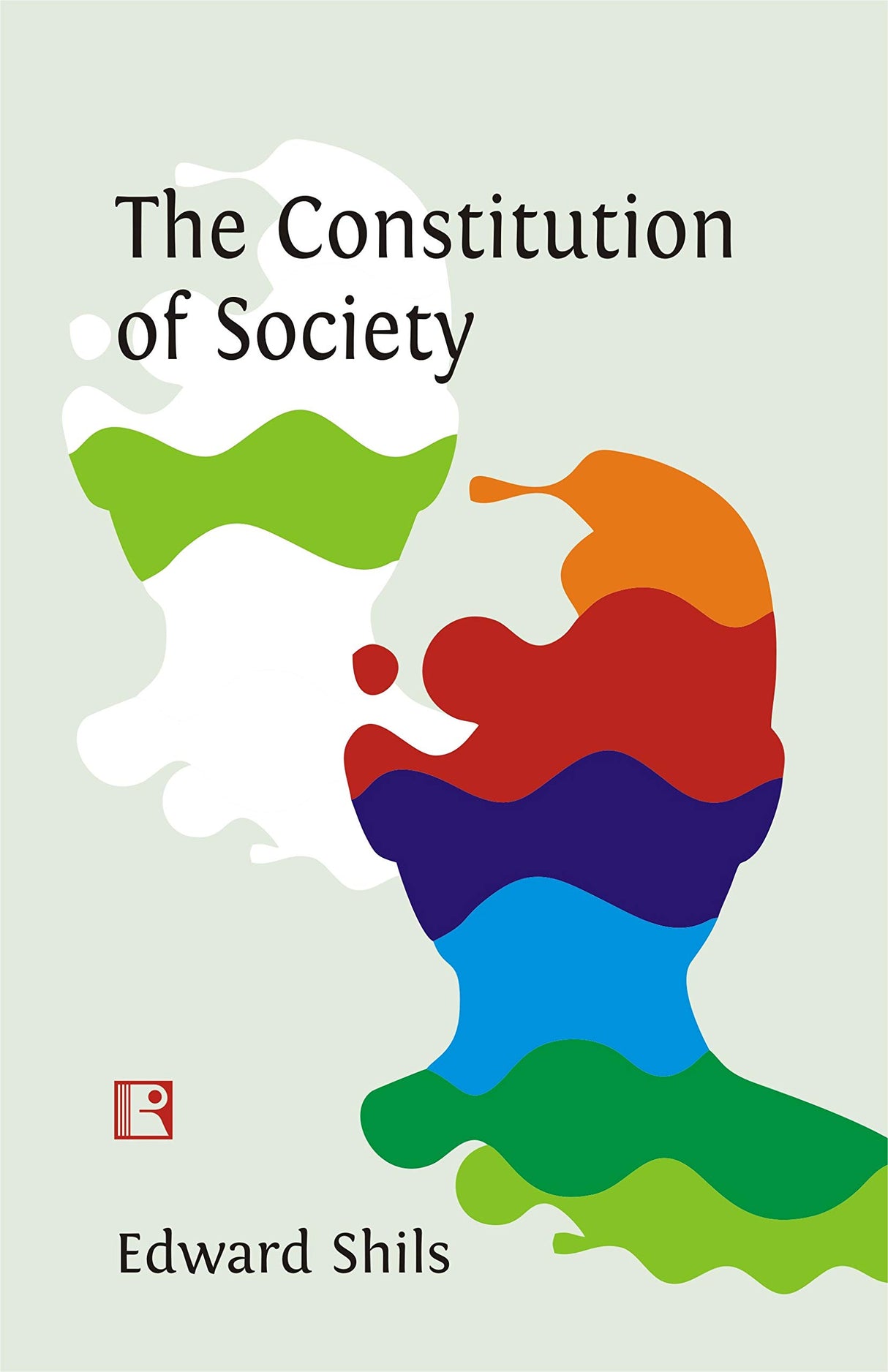THE CONSTITUTION OF SOCIETY
THE CONSTITUTION OF SOCIETY is backordered and will ship as soon as it is back in stock.
Couldn't load pickup availability
Genuine Products Guarantee
Genuine Products Guarantee
We guarantee 100% genuine products, and if proven otherwise, we will compensate you with 10 times the product's cost.
Delivery and Shipping
Delivery and Shipping
Products are generally ready for dispatch within 1 day and typically reach you in 3 to 5 days.
Book Details
-
Publisher: Rawat Publications
-
Author: Edward Shils
-
Language: English
-
Edition: 2019
-
ISBN: 9788131610954
-
Pages: 414
-
Cover: Hardcover
About the Book
Edward Shils’s attempt to develop a macrosociological theory that incorporates both the spiritual and intellectual facets of the mind, alongside the broader societal realities, is a profound and extensive endeavor that has spanned several decades. Rather than following a purely deductive approach, Shils has grounded his theory in observations from Western, Asian, and African societies, making his work both theoretical and highly tangible. His papers, published individually since World War II, present complex sociological ideas in a manner that is both accessible and deeply rooted in lived experiences.
Shils proposes a theory of society that goes beyond biological needs and individual desires for power or material possessions. He argues that human beings also seek and cultivate connections with elements that transcend these basic drives. This third layer of social existence, which cannot be reduced to biology or power struggles, plays a crucial role in understanding the structure and function of society. In this respect, Shils parts ways with much of contemporary sociology, suggesting that a complete understanding of society requires acknowledgment of these transcendent elements.
In addition to his theoretical papers, this collection includes an intellectual autobiography, where Shils connects each essay to the development of his thought and places it within the context of his other works. This unique perspective offers readers insight into the evolution of Shils’s ideas and their impact on sociology.
The book is divided into sections that explore the constitution of society, the role of the sacred in society, the intellectuals’ relationship with power, and the self-reflection of society, offering an in-depth look at the intricacies of societal structures.





